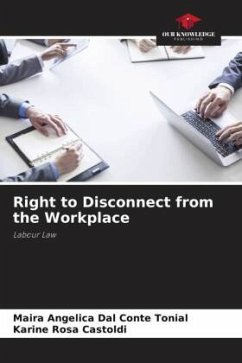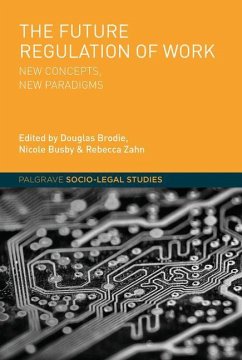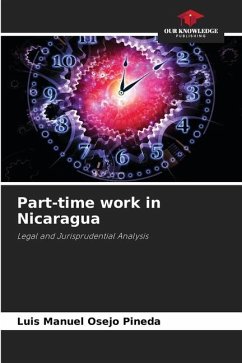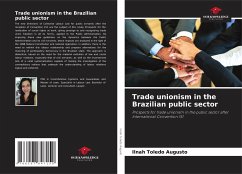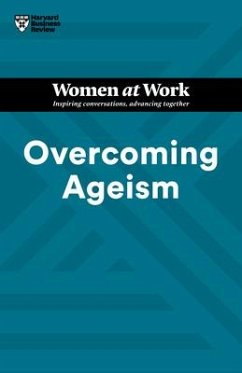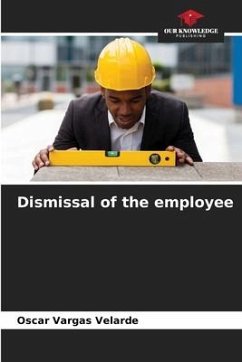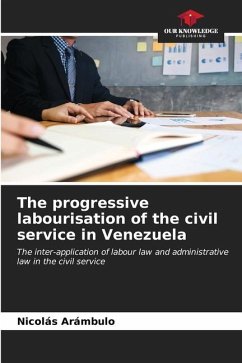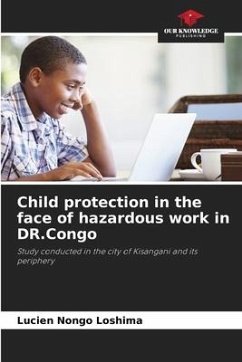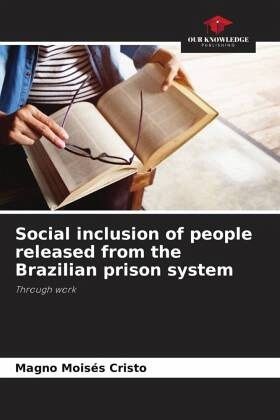
Social inclusion of people released from the Brazilian prison system
Through work
Versandkostenfrei!
Versandfertig in 6-10 Tagen
47,99 €
inkl. MwSt.

PAYBACK Punkte
24 °P sammeln!
This book deals with the social inclusion of people who have left the Brazilian prison system through work. Stigmatised by imprisonment, in their search for work, prisoners encounter barriers of discrimination and prejudice. Although the 1988 Federal Constitution enshrined the dignity of the human person and the social value of work as fundamental foundations of the Republic, principles of the Democratic State of Law, there is a huge mismatch between these principles and reality. Without work, convicts not only have their right to freedom curtailed, but they also fail to realise themselves as ...
This book deals with the social inclusion of people who have left the Brazilian prison system through work. Stigmatised by imprisonment, in their search for work, prisoners encounter barriers of discrimination and prejudice. Although the 1988 Federal Constitution enshrined the dignity of the human person and the social value of work as fundamental foundations of the Republic, principles of the Democratic State of Law, there is a huge mismatch between these principles and reality. Without work, convicts not only have their right to freedom curtailed, but they also fail to realise themselves as integral human beings who are active participants in society. Labour law does not deal with human labour only from an economic point of view, but broadens this conception in its various possibilities, always having the principle of human dignity as a horizon, seeking to establish a legal concept that is consistent with social reality, in order to make it fully effective. Therefore, this is not a study about punishment or crime, but about post-prison working conditions, and analyses of prejudice and discrimination do not escape this scope.



